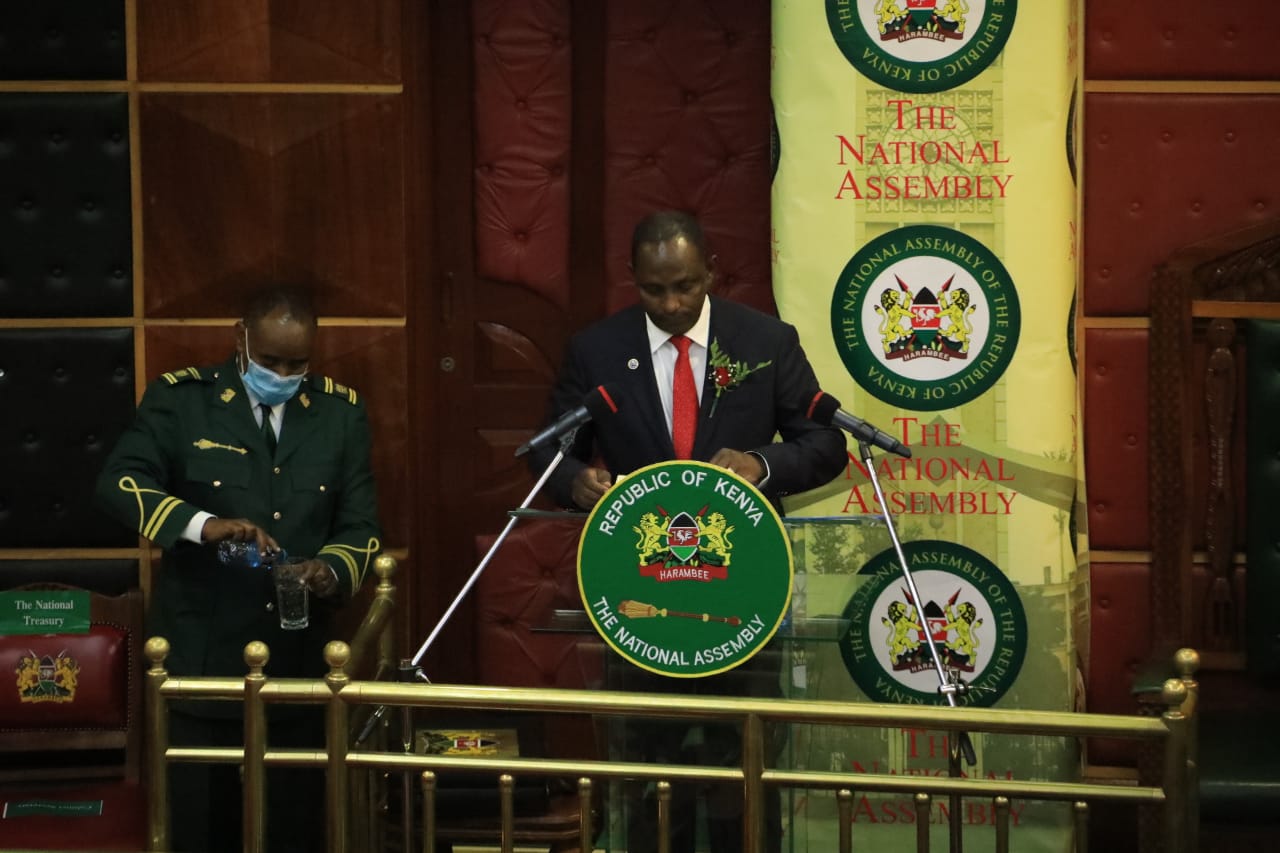Pending bills to take large chunk of estimates despite increased payments

The government is expected to increase the allocation in the 2022/23 budget to settle bills owed by both national and county governments.
The Treasury Cabinet Secretary — during the unveiling of the FY2021/22 Budget — directed all government ministries, departments and county governments to clear their pending bills by June 30. The Treasury urged Parliament to help enforce compliance in payment of verified pending bills by counaty governments, by temporarily stopping transfers to county governments that fail to comply with the directive.
In the 2021/22 budget, as part of economic stimulus packages to enhance liquidity and mitigate the adverse impact of Covid-19, the government directed payment of Sh13.1 billion to clear pending bills. The 2022 budget will focus on implementation of policy measures aimed at stimulating resilience and economic recovery.
As such, the government must ensure significant resources are released to county governments to settle pending bills in the budget. Pending bills arise when a government entity fails to settle invoiced amounts for goods and services properly procured, or rendered.
These bills include payments to contractors, suppliers, statutory deductions, and pension arrears.
Recently, there have been complaints from the public that some county governments are reluctant to settle outstanding arrears.
Despite the good progress made in improving service delivery and unlocking growth of the rural economy, government entities have persistently failed to settle bills owed to the private sector, including small and micro enterprises (SMEs).
Outstanding bills erode investors’ confidence. Thus, counties lose reliable suppliers and contractors. Also, delayed payments cause constraints to entities doing business with the government.
The challenges have had negative impacts on the economy, leading to increased levels of unemployment and poverty. Sectors that are hardest hit by pending bills include infrastructure, energy and ICT, with estimated pending bills valued at Sh85 billion, as well as 88 stalled projects.
Given the prevailing funding challenges, these sectors can benefit greatly from public-private partnerships.
Based on the latest reports by Treasury, pending bills hit Sh467.7 billion at the end of 2021, up from Sh423.2 billion by the end of September 2021.
Data from the Treasury indicate that the arrears have accumulated despite efforts by the government to prioritise payments. State corporations and ministerial departments owed the bulk of pending bills, at Sh414.2 billion. Counties had outstanding eligible bills to the tune of Sh10.8 billion by June 2021.
The Cabinet Secretary and chairman of the Council of Governors should cooperate o minimise pending bills.










